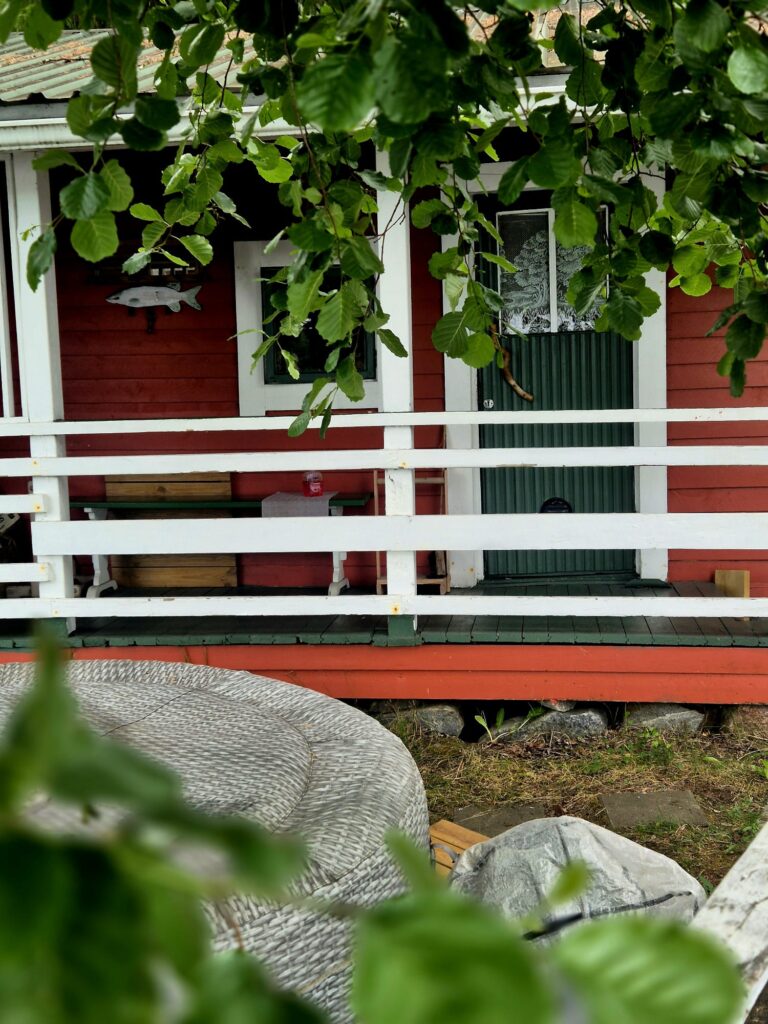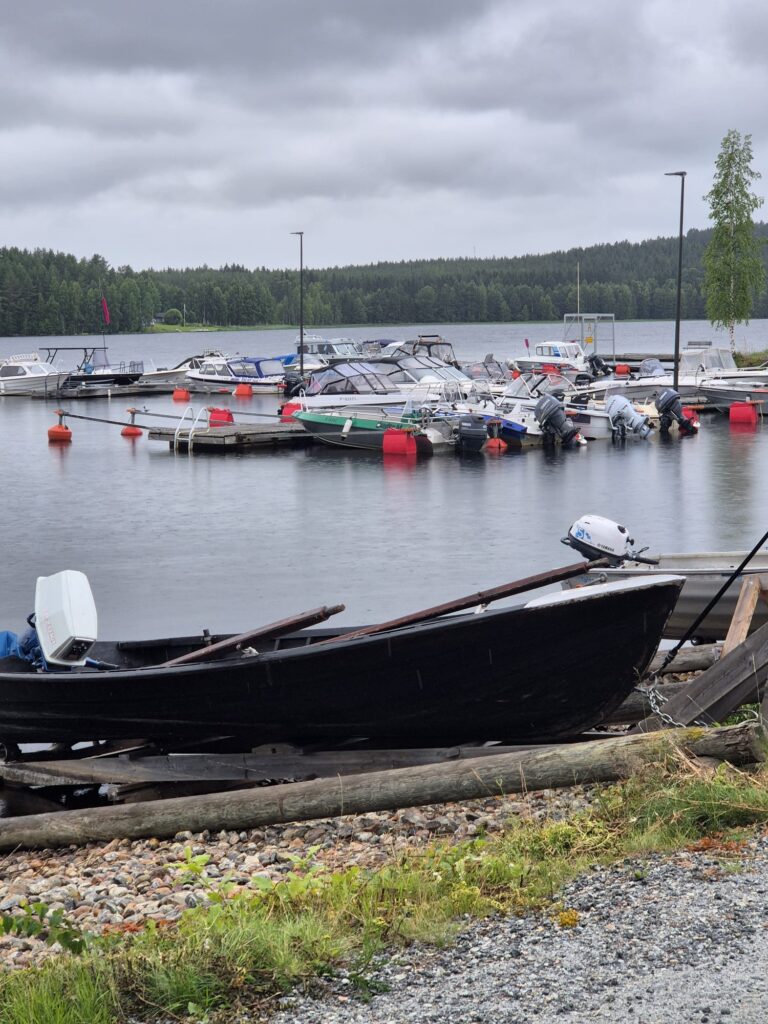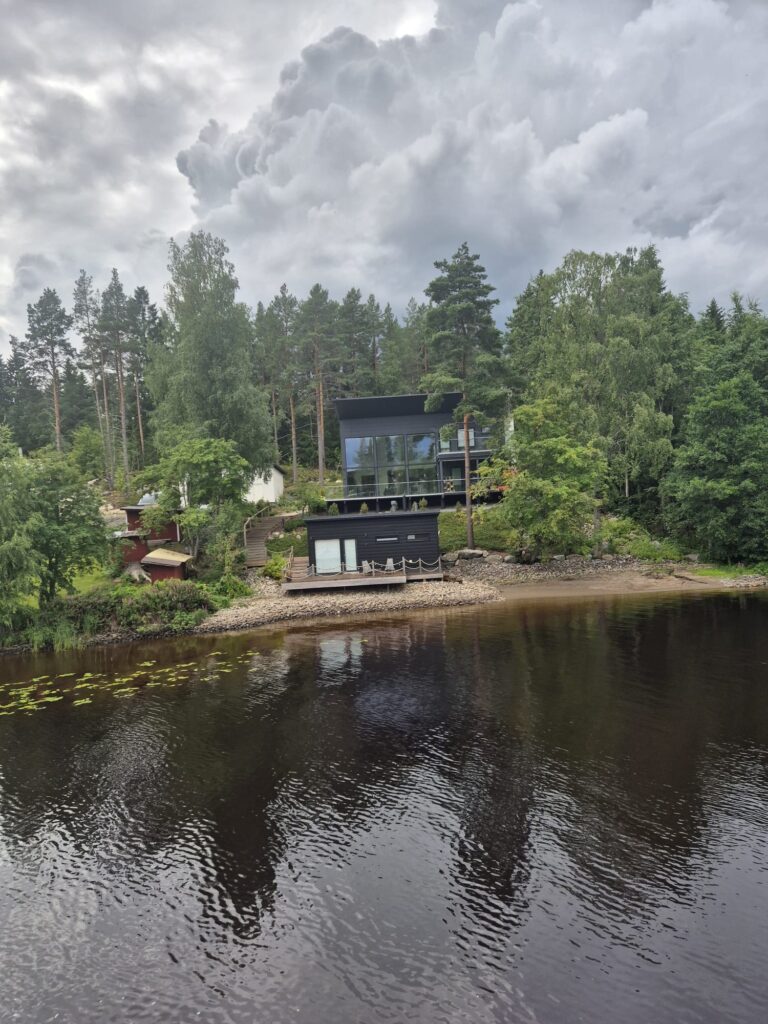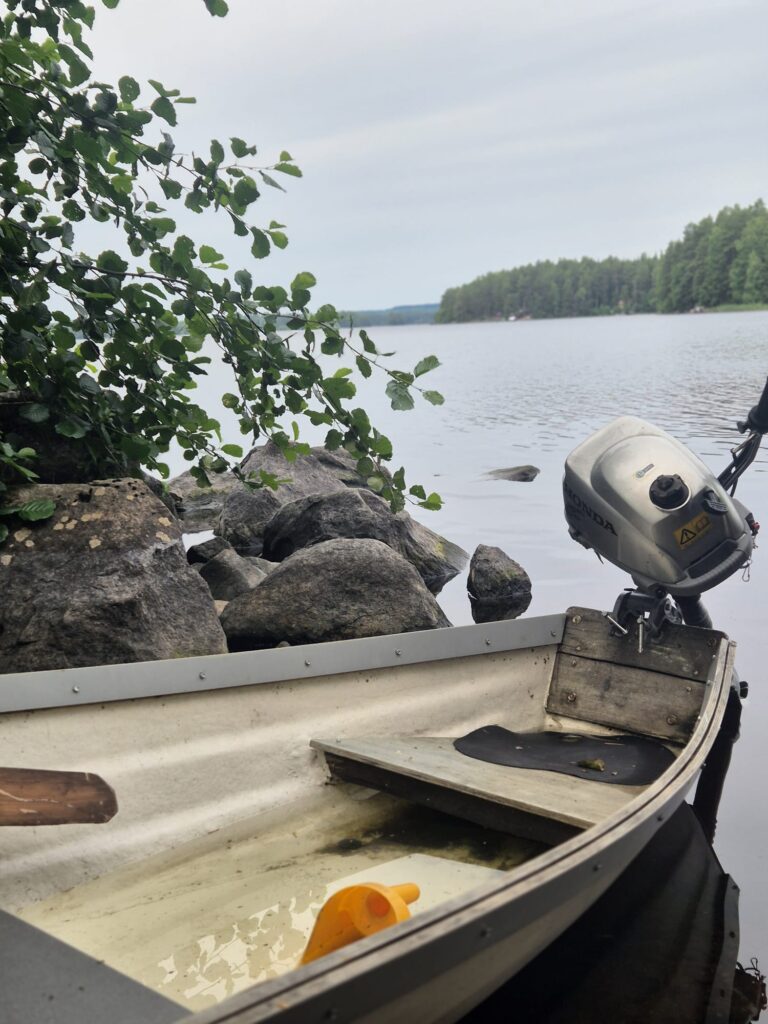Is Finland really a model of happiness?
I’m sure you’ve heard that Finland has been named the happiest country in the world for several years now. Since I’m Finnish, my friends often ask me, “Why are Finns the happiest people in the world?”
Do you think I have the answer? Unfortunately, no. To be honest, no one would even ask me this question if it weren’t for those annual rankings. And, to be honest, I don’t fully understand how a country where the sun doesn’t rise for 51 consecutive days in the northern part during winter can be a benchmark for happiness.
Where do Finns feel best when their neighbor lives two kilometers away? Where men can gather to sip beer for hours and exchange only a few words? Where there is a constant lack of vitamin D, and sometimes the cold is so intense that it hurts?
After all, the natural state of a Finn is reserved and melancholic. Finns communicate best with themselves, are often depressed, and – believe me – are proud of it! If happiness were measured by smiles, Finland would certainly not be a contender for the gold medal.
So where’s the catch?
Perhaps Nordic happiness is simply different, more deeply rooted, calmer, and harder to define. World happiness reports – which rank Finland among the top countries – ask people to imagine a ladder: zero represents the worst life possible, and ten represents the best. So you are considered happy if your current life meets your highest expectations.
Or perhaps everything is explained by the Finnish proverb: “Happiness is the place between too little and too much.”
Or perhaps “sisu” – that Finnish grim determination and patience – is another secret?
So let’s try to find the answer to this question, or even catch the bird of happiness!
In Finland, the foundations of happiness are firmly based on equality.
Could the answer be in the numbers?
As promised, I am trying to find out why Finland consistently ranks first in the happiest countries rankings. And this time, I am using numbers – they sometimes say more than hundreds of words, although, of course, not everything.
In Finland, the foundations of happiness are firmly based on equality. Income inequality here is among the lowest in the world, with a Gini coefficient of just 27 (compared to the EU average, which is much higher). Absolute poverty? Only 4–5%. Elsewhere in Europe, this figure can reach as high as 16% or more.
When it comes to salaries, Finland stands out for its approach to fair pay. Although the minimum wage is officially around €1,252, the most important thing is the legal rule that pay must be “fair and reasonable.” If the usual salary for a certain job is €4,000 per month, no one can pay just €1,500, even if there is no collective agreement in the sector.
What are the foundations of happiness?
Free, world-class education and healthcare are another strong pillar of Finnish happiness. All children receive free meals at school so that none of them have to sit in class hungry. Parental leave? Up to 9 months. And working conditions? The average working week is 34 hours, and 5 weeks of paid vacation is the norm.
Yes, progressive taxes in Finland are high. But these taxes are returned to the people in the form of education, healthcare, and social security. Incidentally, tax transparency here is simply amazing—anyone can check the tax information of every Finnish resident. Interesting, isn’t it? Even fines for speeding are calculated based on income here.
Finland also ranks first in the world in terms of press freedom, and corruption is virtually non-existent (according to Transparency International estimates).
All of this gives Finns a sense of security. And perhaps that is what allows them to be so calm and happy.
But wait, that’s not all. Economic indicators are only one side of the coin. There are other countries in the world with good figures, but they are not considered the happiest. So what else sets Finland apart?
Nature in Finland is not just the environment, it is a philosophy and a way of life.
Perhaps the answer lies in nature?
Does the fact that more than 70% of Finland’s territory is covered by forests and that there are more than 180,000 lakes make Finns happier? What if I added the midnight sun, the northern lights, roaming reindeer, magical winters, a sense of space, a vast sky, and pure, clean air?
Nature in Finland is not just the environment, it is a philosophy and a way of life. The special “jokamiehenoikeus” (everyman’s right) allows everyone to roam freely in the forests, pick berries or mushrooms, swim in lakes, and camp in nature—even if the land is private. This freedom not only strengthens the connection with nature, but also provides an opportunity to escape from everyday stress.
Finns value peace and quiet. Many spend their summer evenings in summer cottages on the shores of lakes. Moments like these, when you can get into a boat, watch the sunset, or simply listen to the birds, are a form of natural meditation that calms the mind. However, summer cottages have another very important feature – they help to “ground” oneself and maintain traditions, because every summer cottage has a sauna. It is estimated that there are more than 3 million saunas in the country, which is more than the number of cars.
Or maybe happiness is born in the sauna?
A sauna is not just a place to wash. It is an umbilical cord connecting Finns to their past. Since ancient times, the lives of many Finns began and ended in the sauna. Today, it remains a special place where there is no hierarchy – everyone is equal here. The heat and steam seem to blow away emotional storms, allowing the body to relax, the mind to calm down, and important questions to be answered. No wonder one Finn said: “In the sauna, you forget how old you are, how much money you have, or what job you do. The only thing that matters here is that you feel alive.”
It is in the sauna and the fact that nature pulsates in their blood that Finns find peace and a measure of happiness. But is that enough? There are other countries in the world with beautiful nature, but they are not considered the happiest.
In addition to the aforementioned equality, social welfare, nature, and saunas, the Finnish people have another almost mystical characteristic that can be described in one word. What is this characteristic, and does it contribute to this nation’s status as the happiest in the world?
When we encounter difficult situations or challenges, our “sisu” prevents us from giving up.
What is this mystical trait?
It is “sisu” – a word that has no exact translation in any other language. “Sisu” expresses what Finland is all about. It reveals inner strength, a spirit of resilience, and a quiet determination to move forward despite any obstacles. It is a trait that helped Finns define themselves as a nation when Finland gained independence from Russia in 1917. It was also decisive in the Winter War of 1940, when, despite all the difficulties, the Finns managed to defend their freedom.
The history of Finland over the past 100 years has reinforced the concept of sisu as a particularly Finnish trait. However, sisu is more than just determination or perseverance. It is a quiet but powerful commitment to continue the work you have started, even when the challenges become greater than expected. This trait, nurtured by long and harsh winters when survival required not only endurance but also the ability to focus on what was most important, has been passed down from generation to generation.
This is clearly reflected in Finnish business. Values such as reliability, honesty, and responsibility are an integral part of how Finnish companies and entrepreneurs operate. Perhaps that is why working with Finns is more than just a service or a product. It is a trust that even in the most difficult circumstances, they will keep their word.
These values inspire the Fineco team. When we encounter difficult situations or challenges, our “sisu” prevents us from giving up. The determination to act, achieve results, and rely on our inner strength helps us move forward and deliver on our promises.
Do you think that this silent force – “sisu” – could be the key not only to Finnish happiness, but also to long-lasting success and confidence?
Perhaps the secret lies in what the Finns consider sufficient.
So where does the secret to happiness lie?
I must admit that in a world where many countries boast impressive prosperity indicators or breathtaking nature, Finland’s consistent leadership in happiness rankings still seems a little… mysterious to me.
Finland is not the richest country in the world. It has no oil reserves, and its economy is more modest than that of many other countries. This raises the question: do these global surveys inadvertently create bias? Perhaps Finns already know why they are being asked about happiness, and their answers simply confirm what is expected of them?
But perhaps the answer lies not only in their responses or statistics. So why are Finns the happiest people in the world?
Perhaps the secret lies in what the Finns consider sufficient.
The echoes of the “Jante Law” can still be heard in Nordic culture: “Don’t think you’re special. Don’t think you’re better than us.” The principle of modesty, which may seem strange to many countries around the world, has become a solid foundation for the Finns. It is a balance between “too little” and “too much.”
That happiness is not the finish line, but the entire journey.
What lessons can be learned from Finland?
As Professor Arto O. Salonenas once said, “When you know what is enough, you are happy.” Finns do not believe that true happiness lies in excess. Their philosophy of life ranges from restraint to “sisu”—calm but strong endurance. It is a trait that has been passed down through the centuries: not to strive for greater glamour or compete for higher salaries, but to find meaning in simple things. Respect for one another, connection with nature and the ability to accept life as it is – this is where Finns find their strength.
The secret to Finland’s happiness is not a quick fix. It is not a momentary emotion or coincidence, but a consistent philosophy of life. It is the ability to strike a balance between needs and opportunities, traditions and new experiences.
What can we learn from Finland? That happiness is not the finish line, but the entire journey. It is an appreciation of simplicity, responsibility for one’s own life, and respect for those around us.
Happiness lies in the ability to see that we need less than we thought, and that we often already have what is most important.




Contact us and help us find out how we can improve your wastewater treatment processes!
